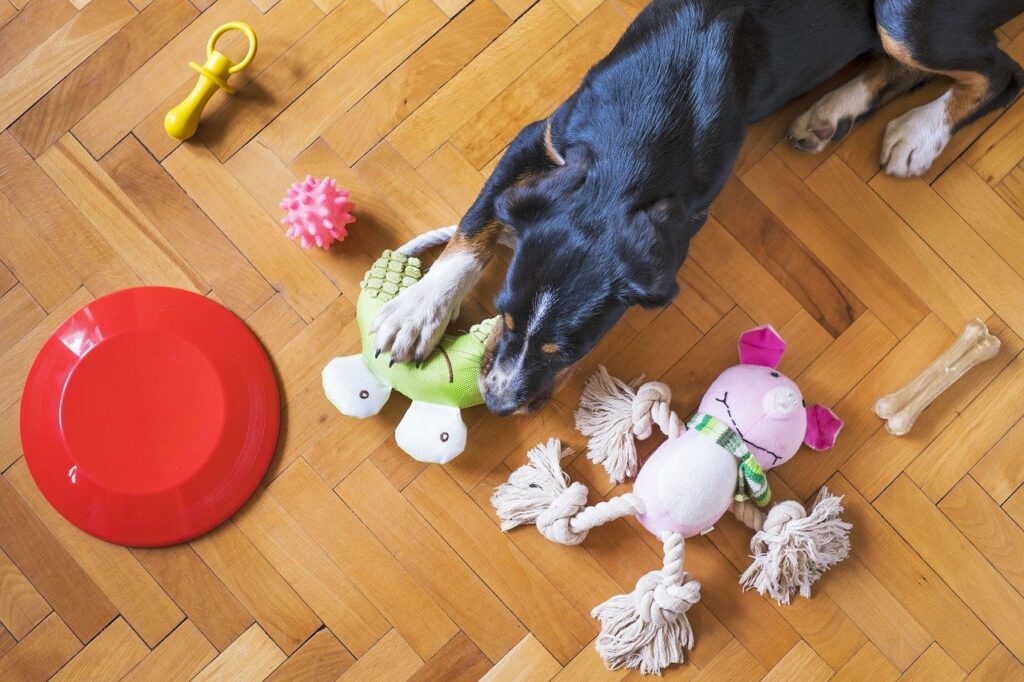It’s often been said that owners look like their animals, but do our pets follow our lead when it comes to manners as well?
Pets can exhibit a range of bad behaviours, like dogs yapping constantly through the night, chewing up their owners’ best shoes or cats spraying on favourite pieces of furniture. It’s safe to say that while human owners don’t model this behaviour to their pets, there is certainly a link between the way we paw-rent and the behaviours we see in our fur-family.
So, how can we positively influence our pets’ behaviour?
Seeing great results in behavioural change in your pet all begins with choosing the right animal for your family and lifestyle. Your choice of pet needs to suit the make-up of your family, the presence of children, the hours you are home, and your activity level. If the family is active and busy all the time, the animal too will reflect the need for high-energy activity and act out when it doesn’t get this. Many problems with bad mannered pets stem from boredom, frustration and inadequate socialisation.
Let’s say an owner uses aggressive methods to train or reprimand their dog – the animal is more likely going to respond with aggression to others in the future. The same goes for pets of people who exhibit nervousness and anxiety in social settings – your animal is going to pick up on those feelings and display anxious behaviours in the future. And it’s not just dogs. Cats may also act out when others encroach on their territory if they’ve not been well trained by their owners. When animals experience events beyond their ‘norm’ they may shut down and cower, or act out trying their own version of the Haka, growling or barking trying to scare the threat away, or worse still launch an attack in self-defense.

Dr. K advises there are many ways pet owners can reduce their pet’s anxiety, boredom or frustration at home, before resorting to medication and seeking intervention from a vet. And this help goes beyond a 5-week Puppy School program. She believes that there are numerous ways owners can continue a program of life-long learning for their pet to lessen the occurrence of bad-mannered behaviour.
Strategies available to owners could incorporate:
- Providing activity and stimulation through feeding toys rather than using a traditional food bowl
- Avoid aggressive or predatory games with puppies such as tug-of-war and rough play
- Undertake training programs from the puppy stage and continue to reinforce the learned good behaviours
- Frequently changing litter trays, particularly in multi-cat house holds
- De-sensitisation programs for those pets with noise phobias
- Scent hormone products that reduce stress levels and promote a sense of calmand promote a sense of calm
- Obtaining some self-help tip sheets from vets which explain how to manage bad manners
Dr. Davies also concedes however, that for some animals, mental illness is a factor, and they benefit greatly from both behavioural management strategies and appropriately chosen therapies.
At Direct Vet Services, we have range of programs and self-help handouts available to clients along with environmental stimulation tools and toys for frustrated pets. You can also discuss your behavioural management plans with us at your next appointment.

